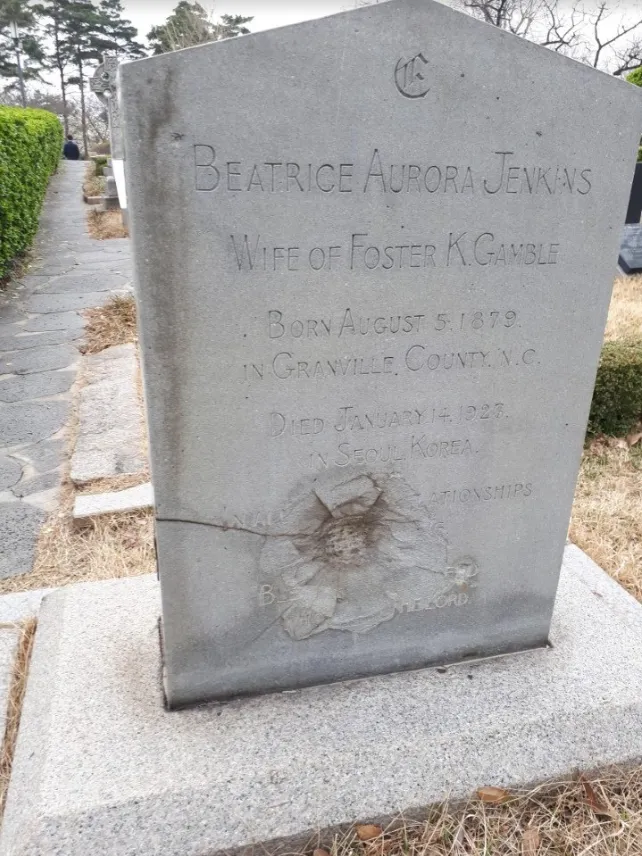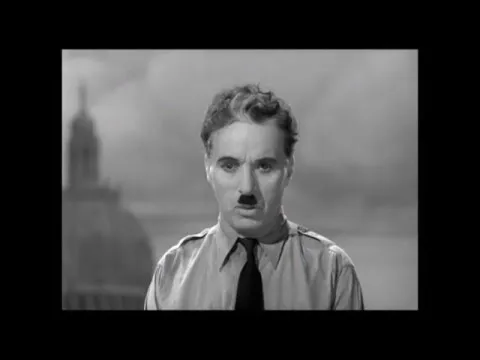
The Paradox of our Age
We have taller buildings but shorter tempers;
wider freeways but narrower viewpoints;
we spend more but have less;
we buy more but enjoy it less;
we have bigger houses and smaller families;
more conveniences, yet less time;
we have more degrees but less sense;
more knowledge but less judgement;
more experts, yet more problems;
we have more gadgets but less satisfaction;
more medicine, yet less wellness;
we take more vitamins but see fewer results.
We drink too much; smoke too much;
spend too recklessly; laugh too little; drive too fast; get too angry quickly;
stay up too late; get up too tired;
read too seldom; watch TV too much and pray too seldom.
We have multiplied our possessions, but reduced our values;
we fly in faster planes to arrive there quicker, to do less and return sooner;
we sign more contracts only to realize fewer profits;
we talk too much; love too seldom and lie too often.
We've learned how to make a living, but not a life;
we've added years to life, not life to years.
We've been all the way to the moon and back,
but have trouble crossing the street to meet the new neighbor.
We've conquered outer space, but not inner space;
we've done larger things, but not better things;
we've cleaned up the air, but polluted the soul;
we've split the atom, but not our prejudice;
we write more, but learn less;
plan more, but accomplish less;
we make faster planes, but longer lines;
we learned to rush, but not to wait;
we have more weapons, but less peace;
higher incomes, but lower morals;
more parties, but less fun;
more food, but less appeasement;
more acquaintances, but fewer friends;
more effort, but less success.
We build more computers to hold more information,
to produce more copies than ever, but have less communication;
drive smaller cars that have bigger problems;
build larger factories that produce less.
We've become long on quantity, but short on quality.
These are the times of fast foods and slow digestion;
tall men, but short character;
steep in profits, but shallow relationships.
These are times of world peace, but domestic warfare;
more leisure and less fun;
higher postage, but slower mail;
more kinds of food, but less nutrition.
These are days of two incomes, but more divorces;
these are times of fancier houses, but broken homes.
These are days of quick trips, disposable diapers,
cartridge living, thow-away morality, one-night stands,
overweight bodies and pills that do everything from cheer, to prevent, quiet or kill.
It is a time when there is much in the show window and nothing in the stock room.
Indeed, these are the times!
Moorehead, Bob. Words Aptly Spoken. (pp. 197-198) published in 1995
These words are often claimed to be written by the George Carlin or even the Dalai Lama but the earliest published form was in 1995 by Dr. Morehead. His name just doesn't sound so cool on the internet. It would not go viral if I said, "Hey check this essay out from Bob Morehead!" But if I ended this with: "His holiness - The Dalai Lama" then so many would recycle this essay and paste it on their facebook pages and translate to several languages.
There is a better chance that this essay is inspired by Charlie Chaplin more than anyone else. He picks up the paradoxical nature of our modern society as in the final speech of The Great Dictator.
You may have noticed that I often pick up a comical approach to almost everything. It is hard for me to take anything seriously. Probably that's because the world is too serious. I'm just trying to keep my head and balance out this paradox. Future generations are influenced by what we do here today. We really can't do anything about this mess we got ourselves into and we can't escape.
You can't really unwind a paradox, but you can live your part. This begins with saying "hello" to a neighbor in real life. Then say "thank you" to your wife or mom or whoever you live with because there are so many houses that are empty even if they do consist of people living together. Then take a look at what you are aiming at. What good is it if you go to the moon but come back to an empty house and empty heart.
The ironic thing is after I finish this post I am going to join our teachers for an annual faulty meeting and eat a bunch of Korean barbecue. Only this time I will do so keeping in mind the human relationships I am making rather than keeping in mind how much I can eat at one sitting. After dinner I will come home and read Psalms with my son just to complete the irony of the paradox.
Nunc vivere in aeternum. Nos enim momento, si confidebat hac vita tantum in spiritum dicere gratias ago tibi quia non habemus. Exegi vasa scribebat in tantum ut ipse humor tam acerbe dici quod inanis et infideles corde. Totus vicis, hic non est usus sed est a perditio tempus. Ego libenter se mutuo occurrant cum omnibus et opus vestrum; sed paulo ad requiem et manere offline. O timere. Ego puto juxta condictum revertar ad te et participes meae hic. Ego vado, et in arduis et bene tuum auxilium orationis. Amicus meus recuperandae sensus erit. Nescio tamen de propria vita ac moments ut expendas. Ora pro me, et domus mea. De vita et carminibus secutus sum secutus stipes quidam ridiculam. Obviam habui paucis risus. Non possum dicere hoc est, vitae. Sicut dixit mihi: Non scribo ut dum hic rursus ad. Et postea videbo vos. Cum te amo fratribus et sororibus.
All pictures here are from my Sky Vega smart phone (I'm surprised it still works).
Maybe the micro dust is just getting to my head.
More words just complicate things,
Peace

Why would anyone shoot a gravestone?
